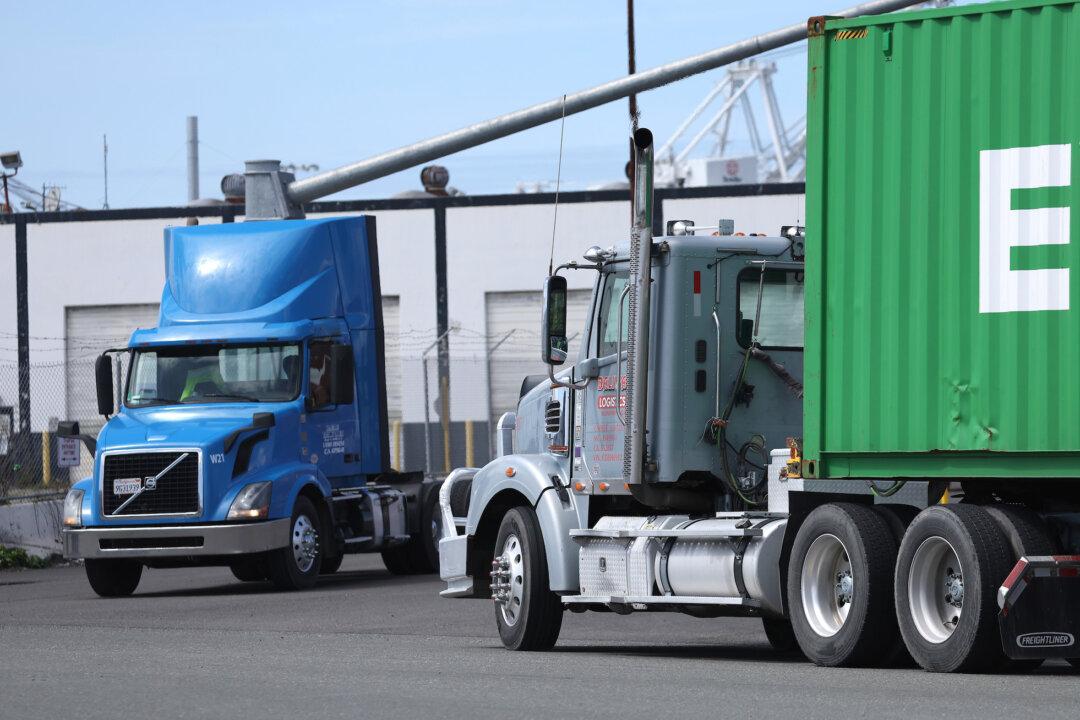Senate Republicans on June 21 didn’t get the two-thirds majority support they needed to save their resolution to block the Environmental Protection Agency (EPA) from enforcing its new air pollution rules for heavy-duty trucks.
President Joe Biden vetoed the measure the previous week. The Republicans’ attempt to override Biden’s veto got only 50 affirmative votes in the Senate, including one from Sen. Joe Manchin (D-W.Va.), who’s traditionally energy friendly.





